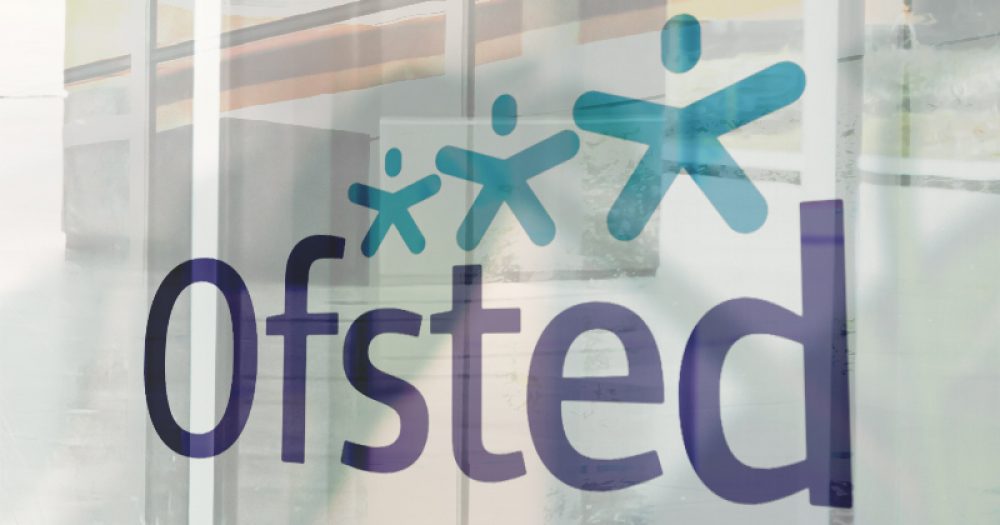A multi-academy trust in the south west has been criticised by Ofsted for failing to sustain a “good quality of education” after nearly all its schools dropped from a ‘good’ rating.
The education watchdog also criticised leaders at the Academy Trust of Melksham (ATOM) for not making it clear who holds responsibility for “making key strategic decisions to bring about improvements in the schools”.
Inspectors added that monitoring of pupils’ progress on a trust-wide basis is “largely non-existent”, which “hampers the trust’s capacity to evaluate the effectiveness of the use of additional funding, including the pupil premium”.
The trust currently runs eight schools and was chosen for a focused review after performance concerns in some of its academies.
ATOM was set up by seven council-maintained schools in the region after they voted to become academies in 2015.
Of the seven schools inspected by Ofsted in April this year, all of which had been part of the trust since 2015 and were previously ‘good’, four were judged as ‘requires improvement’, two were judged to be ‘inadequate’ and only one remained ‘good’.
Inspectors said the trust currently “lacks the capacity” to secure the rapid improvement that the majority of its schools now need to make.
They added that confusion over who is responsible for making “key strategic decisions” is particularly worrying with regard to the trust’s board and the schools’ local governing bodies.
Bradley Simmons, Ofsted’s regional director for the south west, said in a letter published today to the trust’s chair, Paul White, that the trust has “not acted quickly enough” to clarify the scheme of delegation “where it has been interpreted differently by local governing bodies and the trust board”.
He added that the trust’s capacity to promote school improvement has been “overstretched” by problems in two of its schools in particular.
“Actions to stabilise the leadership and management in these schools have absorbed the majority of time and resources available and significantly limited the effectiveness and pace of school improvement across the trust as a whole.”
Simmons said there are “no clear performance management procedures” in place to monitor the impact of the work of key personnel, such as the trust’s chief executive and members of the school improvement team.
In terms of performance, Ofsted said that in 2016 pupils in the trust’s primary schools made less progress at key stage 2 than other pupils nationally.
This was particularly the case in maths, with two schools in the bottom 10 per cent of schools nationally for progress.
Disadvantaged pupils also “do not make good enough progress” at key stage 2 and key stage 4, the report stated.
Simmons said this is because the trust puts “too little emphasis” on the progress that pupils make from their starting points, focusing instead largely on attainment.
“This contributes to a lack of precision in the trust’s judgements about the impact of teaching in its schools.”
He added that the procedures for checking the accuracy of identification and quality of provision for pupils who have special educational needs and/or disabilities are “inconsistent” and the impact of additional funding for pupils who have SEND is “not monitored effectively at trust level”.
White, ATOM’s chair of trustees, said while there are some “really strong points”, the report delivers “very tough messages”.
“These tough messages are a chance for improvement. We will use them to learn how we can give the best possible education to all the children within our communities.”
He said many of the issues identified by Ofsted had already been picked up by the trust itself, adding: ” We will make things better and are determined that all our schools will be rated ‘good’ by our next Ofsted because our priority is the best possible outcomes for the children we educate.”







Your thoughts